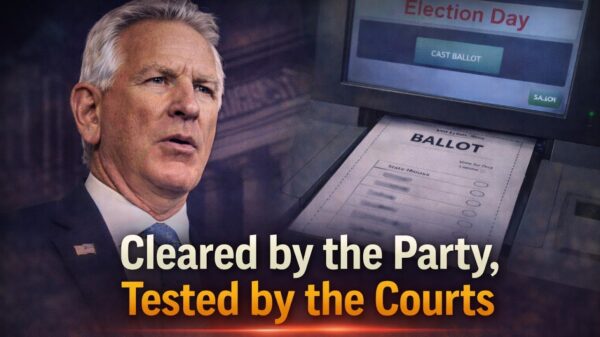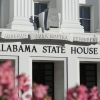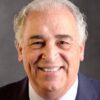By Brandon Moseley
Alabama Political Reporter
As the 2014 Alabama legislative session winds down, Alabama legislators begin working longer hours trying to get work done before the session ends and legislation.
On Wednesday, March 19 after a day filled with committee meetings (for most committees their last meeting of the regular session) the Alabama House met for a late Wednesday afternoon session that began at 3:30 p.m. The Alabama Democrat minority in the House was angry over how the House Republicans had prevented them from adding amendments to the fiscal year 2015 Education Trust Fund (ETF) budget so they retaliated by filibustering the calendar.
Republicans exercised a cloture on the calendar as they did to the budget debate the night before. A Cloture is a parliamentary move that a super majority of legislators can use to cut off debate on a bill after two hours. When a group of legislators do not have the votes to defeat legislation they will often talk a bill (sometimes any bill) to prevent the legislation from even being voted on. Cloture allows the super majority to stop these delaying tactics and force a vote.
The leadership also controls the schedule so they can respond to delaying tactics by making the legislative day longer than normal. Speaker of the House Mike Hubbard (R) from Auburn used all of the rules to beat down the filibuster by House Democrats on Wednesday. Legislators were given a dinner recess to attend a Business Council of Alabama (BCA) function then had to come back into session for a 9:10 p.m. to midnight session. Then Speaker Hubbard and the Republican leadership started the Thursday session at 12:01 a.m.
Bills passed included Carly’s Law, a bill making beastiality illegal, the criminal record expungement legislation for non convictions (SB 108), and changes to the controversial Accountability Act of 2013. The Accountability Act allows taxpayers the option of paying up to half of their state income tax to a scholarship granting organization (SGO) so that students zoned to Alabama’s worst schools can instead go to a private school or public school that accepts scholarship students. The 27 page bill also gave school systems the ability to ask for flexibility in enforcing State education laws. Diverting tax dollars from the Education Trust Fund (ETF) to the SGOs (the largest being run by former Governor Bob Riley (R) was opposed by the Alabama Education Association (AEA). This year’s change to the Accountability Act was House Bill 558.
Rep. Mack Butler (R) from Rainbow City said on Facebook, “HB 558 which would remove the 7500.00 limit on scholarships from individuals for the Accountability Act. The overall cap will remain. To date 1038 scholarships have been awarded. 865 were awarded in a two month period during the 2013-2014 school year. The 2014-2015 application season opened March 4 and so far they have received over 2200. Up to 5000 are expected by start of the next school year. 83 percent have been awarded to minorities. Top scholarships areas are the following counties: Mobile, Jefferson, Madison, Montgomery, and Dallas. We are making a difference in many lives. There are many testimonies we are hearing today about the positive impact this law is having.”
Currently the Accountability Act is capped at $20 million.
The AEA and other public education advocates are upset because dollars and teaching units follow the students from Alabama’s public school system to private schools, most of which are not unionized and do not have to provide the same level of benefits to employees as the public systems does. Public education advocates argue that the accountability act takes dollars away from Alabama’s poorest performing schools…..schools that typically have poorer children and are in economically distressed neighborhoods and where resources available to the public schools are often already limited. Accountability Act critics also complain that up to 5% of the money collected by the SGO can be kept by the SGO to pay staff and other expenses including management.
Advocates for school choice argue that competition will lead to public schools working harder to achieve more and be more responsive to parents. They point out that the primary purpose of education taxes is to best educate students not to prop up failing public schools or to keep large education bureaucracies happy.


















































